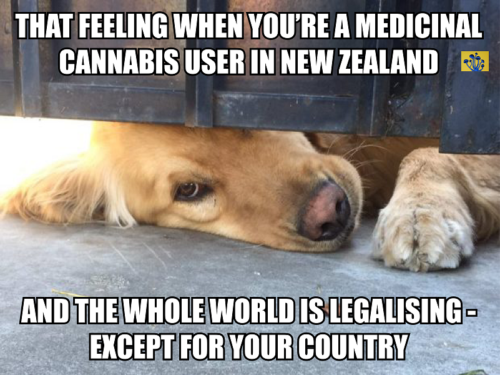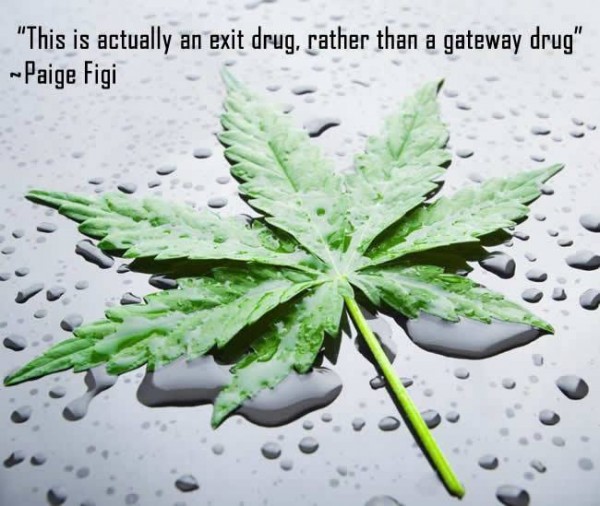It may now have to be conceded that the Labour Party is a genuinely superior economic manager to the National Party. The Sixth Labour Government has just announced a $5,500,000,000 surplus for the last year, and there’s no sign that they intend to piss that money away on tax cuts. As this essay will examine, Labour’s established record of superior fiscal management suggests that the National Party no longer has any claim to be New Zealand’s natural government.
The New Zealand electoral cycle is based on a cosy truism: the National Party makes the money, and the Labour Party distributes it. Like Daddy and Mummy, the National Party is responsible for the wealth being generated by the system and the Labour Party is responsible for making sure that this wealth filters down to those who are too vulnerable to fight for it themselves.
However, if one casts an eye back over the last thirty years, there doesn’t seem to be any real evidence that National is better at generating wealth.
As anyone who has lived in Scandinavia can tell you, a nation’s wealth is primarily a function of the degree of investment that previous generations made in the current one. Scandinavia is wealthy because, for decades, their governments have made heavy investments in the human capital of their people in the form of education, health and welfare, and these investments have paid off handsomely in the form of an extremely productive workforce.
The National Party let our country rot for nine years: our hospitals decayed, our mental health system decayed, our housing crisis worsened with every year, and for all of this time John Key and Bill English just grinned and let their people suffer. After all, the suffering of Kiwis meant immense profits for someone else, especially wealthy property speculators and banking interests.
As a consequence, we now have the developed world’s worst youth suicide crisis, as the neglect shown to our people during the Key-English era shows its effects in a reduced will to live. The National Party failed to make any meaningful investment in the human capital of New Zealanders, and the true cost of this is now becoming apparent.
Over the past three decades, a pattern is clear. When National is in power, the rich become bloated and the people suffer; when Labour is in power, the rich hold their position while the people take some small steps out of desperate poverty. Anyone who has lived through these times has conclusive evidence that the idea of National being better economic managers is complete horseshit.
National Party economic management is like not going to the doctor or dentist for nine years, and then bragging about how much money you’ve saved while your skin is covered in lesions and your teeth are rotting out of your head. The National Party forgot the parasite’s maxim that some minimum care of the host body has to be taken otherwise it will die.
With Key and English now given knighthoods and put out to pasture, the National Party suddenly seems bereft of managerial talent. The hapless Simon Bridges looks every bit the Head Prefect auditioning for a role that is above his level of competence. Judith Collins waits in the wings like an overfed vulture, and the only other contenders are Paula Bennett – who needed surgery to prevent her eating herself to death – and a parade of faceless grey men.
Jacinda Ardern also looks every bit the Head Prefect above her level of competence, and so much so that the Opposition has an open goal in 2020 – but they’re too clumsy to kick it in. Meanwhile, Ardern has had the opportunity to build a cult of personality, John Key-style, by dragging her baby along everywhere and styling herself The Mother of the Nation. This strategy might prove effective on the pudding-headed virtue signallers among New Zealand voters, and given enough time it could make Ardern’s position unassailable.
With both their historical record and their potential record both looking extremely bad, it might have to be conceded that the National Party are effectively now New Zealand’s natural opposition party. The idea that Labour was the natural opposition party may have been true in the days of big agriculture and the need to be ready to fight war on behalf of Britain at any time. Nowadays, it’s looking ever more like it’s National who are fundamentally unsuited to meet the challenges facing the nation.
*
If you enjoyed reading this essay, you can get a compilation of the Best VJMP Essays and Articles of 2017 from Amazon for Kindle or Amazon for CreateSpace (for international readers), or TradeMe (for Kiwis).




